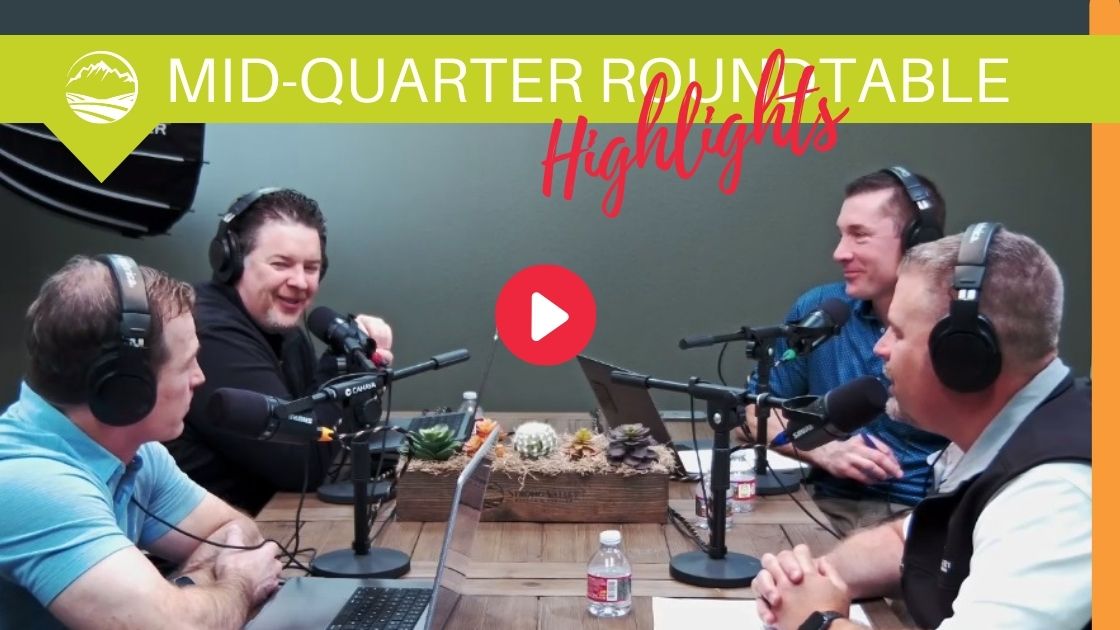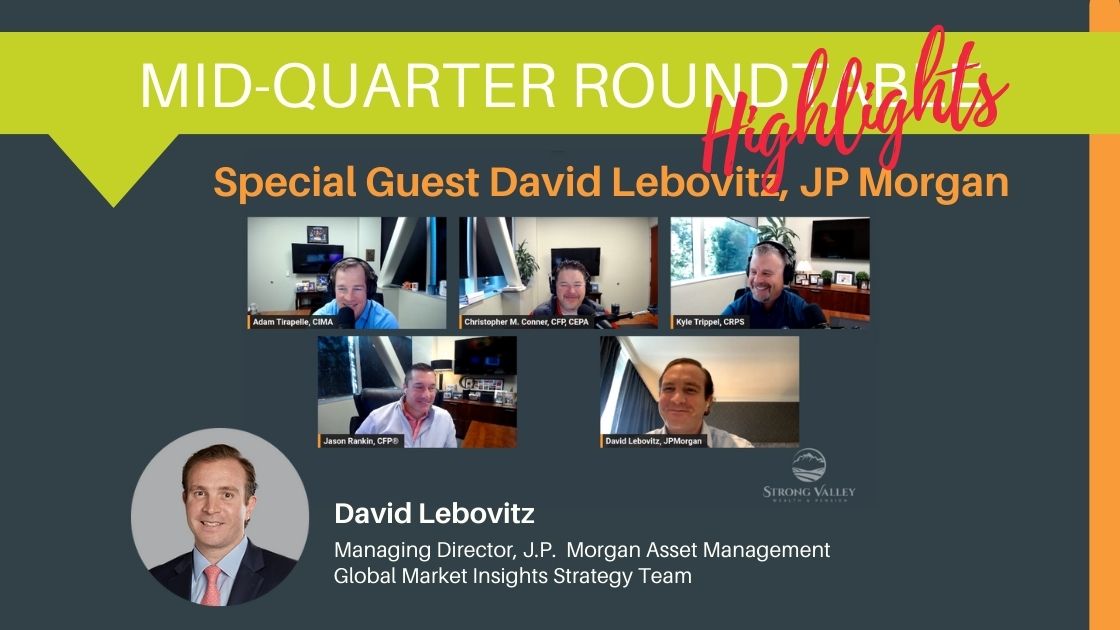You are now leaving the Strong Valley Wealth & Pension, LLC ("Strong Valley") website. By clicking on the "Schwab Alliance Access" link below you will be entering the Charles Schwab & Co., Inc. (“Schwab”) Website. Schwab is a registered broker-dealer, and is not affiliated with Strong Valley or any advisor(s) whose name(s) appears on this Website. Strong Valley is/are independently owned and operated. Schwab neither endorses nor recommends Strong Valley. Regardless of any referral or recommendation, Schwab does not endorse or recommend the investment strategy of any advisor. Schwab has agreements with Strong Valley under which Schwab provides Strong Valley with services related to your account. Schwab does not review the Strong Valley website(s), and makes no representation regarding the content of the Website(s). The information contained in the Strong Valley website should not be considered to be either a recommendation by Schwab or a solicitation of any offer to purchase or sell any securities.

There is a common misconception that estate planning is something only the affluent need to do before they die. However, estate planning is important for everyone so that a court doesn’t end up making decisions about your assets and your heirs for you. By taking these steps now, you can help insure that your intentions will be followed and that provisions will be made for your loved ones when you are gone.

Estate planning is important for everyone, regardless of income level or net worth. Planning for the disposition of assets upon your death can provide benefits to all the parties involved.
The greatest benefit may be in the knowledge that your wishes will be fulfilled. Naming your heirs, and relieving them of unnecessary expenses and stress by designating which assets they will receive, is preferable to having a court make such decisions for you.
In addition to designating your heirs, the estate planning process may include developing strategies to protect your assets, such as establishing a trust. Proper planning can help ensure that your assets go to the people you choose, and in some cases, it can help minimize taxes. An estate plan can also include advance directives to be carried out during your lifetime. For example, a durable power of attorney grants authority to another person to make legal and financial decisions on your behalf, in the event of your mental incapacity; a health care proxy grants authority to a person you choose to make health care decisions for you if you become unable to express your wishes; and a living will generally allows you to state your preferences regarding the giving or withholding of life-sustaining medical treatment.
A will is the basis of any estate plan. In drawing up your will, obtain the guidance of a qualified professional. Although you may think you can do it yourself, an estate planning professional has the experience to ask questions you may not have considered. For instance, would your minor children or grandchildren be able to manage an inheritance? Would you want your children’s spouses included in your estate? If your estate were affected by a divorce or the death of a child, how might your wishes for the distribution of your assets change?
The first name to settle on is that of your executor, who will be appointed to administer your estate. Next, consider the beneficiary or beneficiaries of your insurance policies. Beneficiaries and contingent beneficiaries of assets in retirement accounts such as pensions, 401(k) plans, and Individual Retirement Accounts (IRAs), are kept on record with the retirement plan administrator, and these nominations take precedence over your will. Retirement assets pass directly to the beneficiaries, bypassing probate court, unless the executor of the estate is named.
Assets transferred to a spouse will not be subject to estate taxes, regardless of value. However, transfers to other beneficiaries, such as children, may be subject to Federal estate taxes if they exceed the applicable exclusion amount.
Certain vehicles can be used to fund the payment of estate taxes, such as life insurance policies and trusts. For high-value estates, a gifting program is often used to reduce the value of the estate, thereby minimizing taxes. For specific guidance, be sure to consult your financial advisor.
Regardless of your net worth, take steps now to help ensure that your intentions will be followed as directed, and that provisions will be made for your loved ones.



